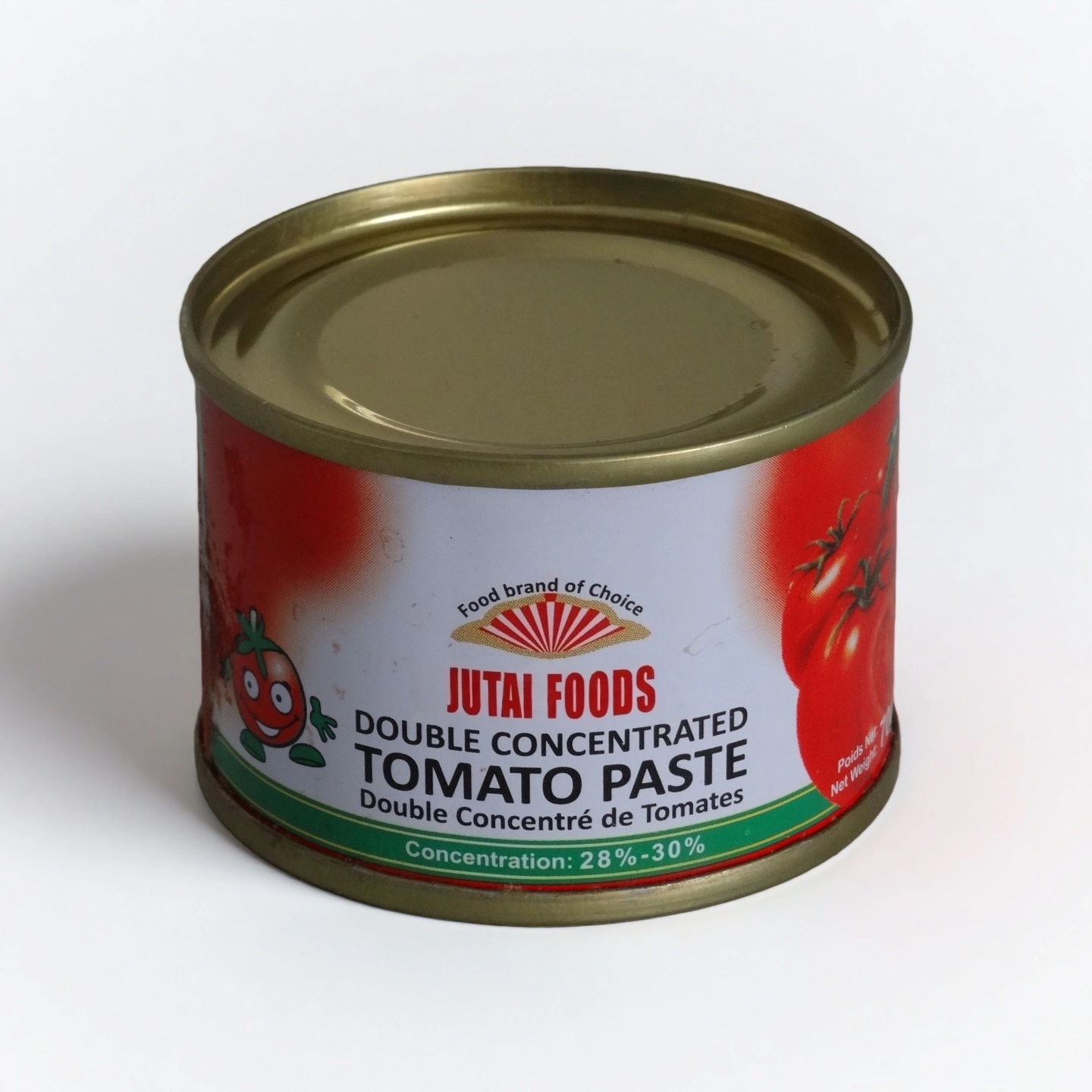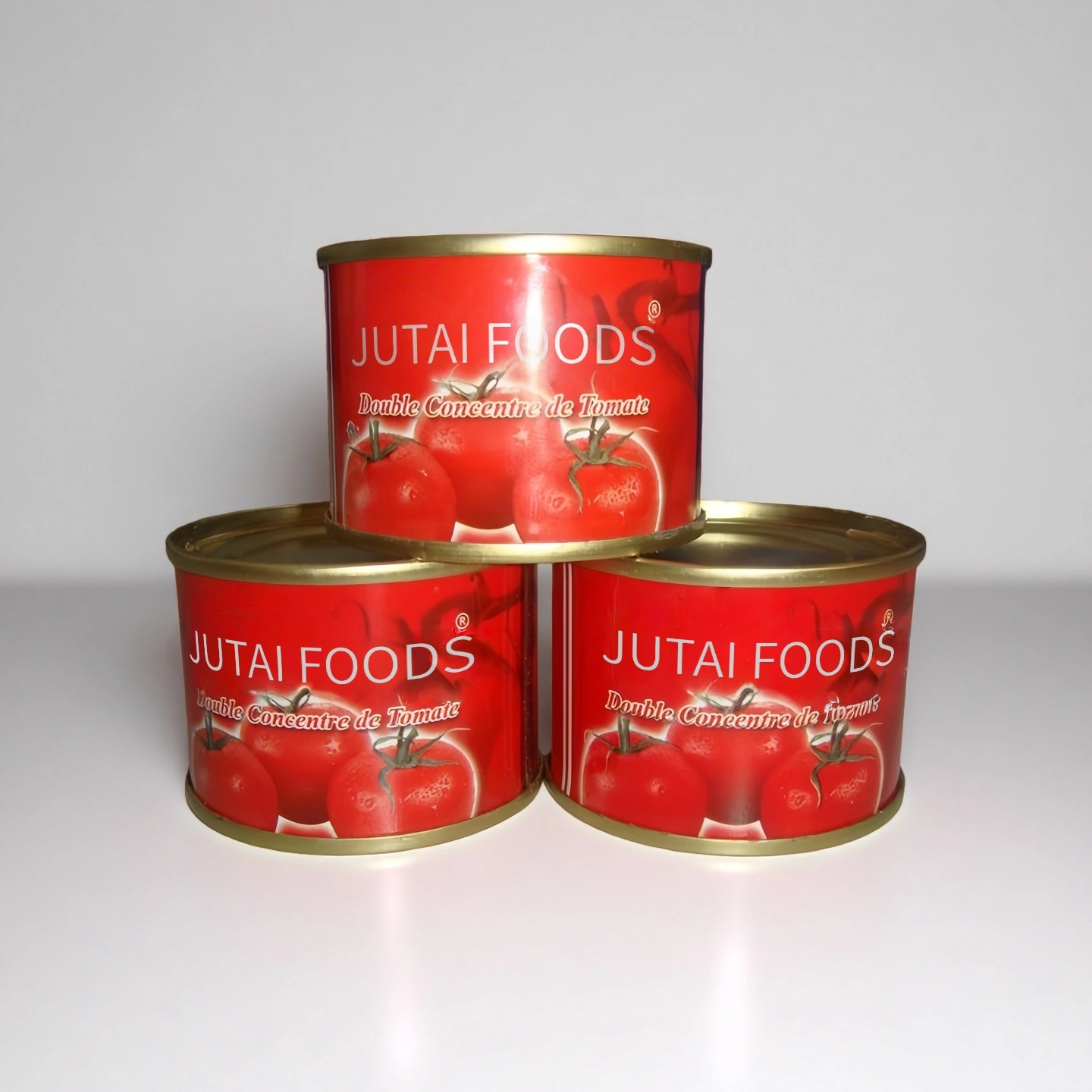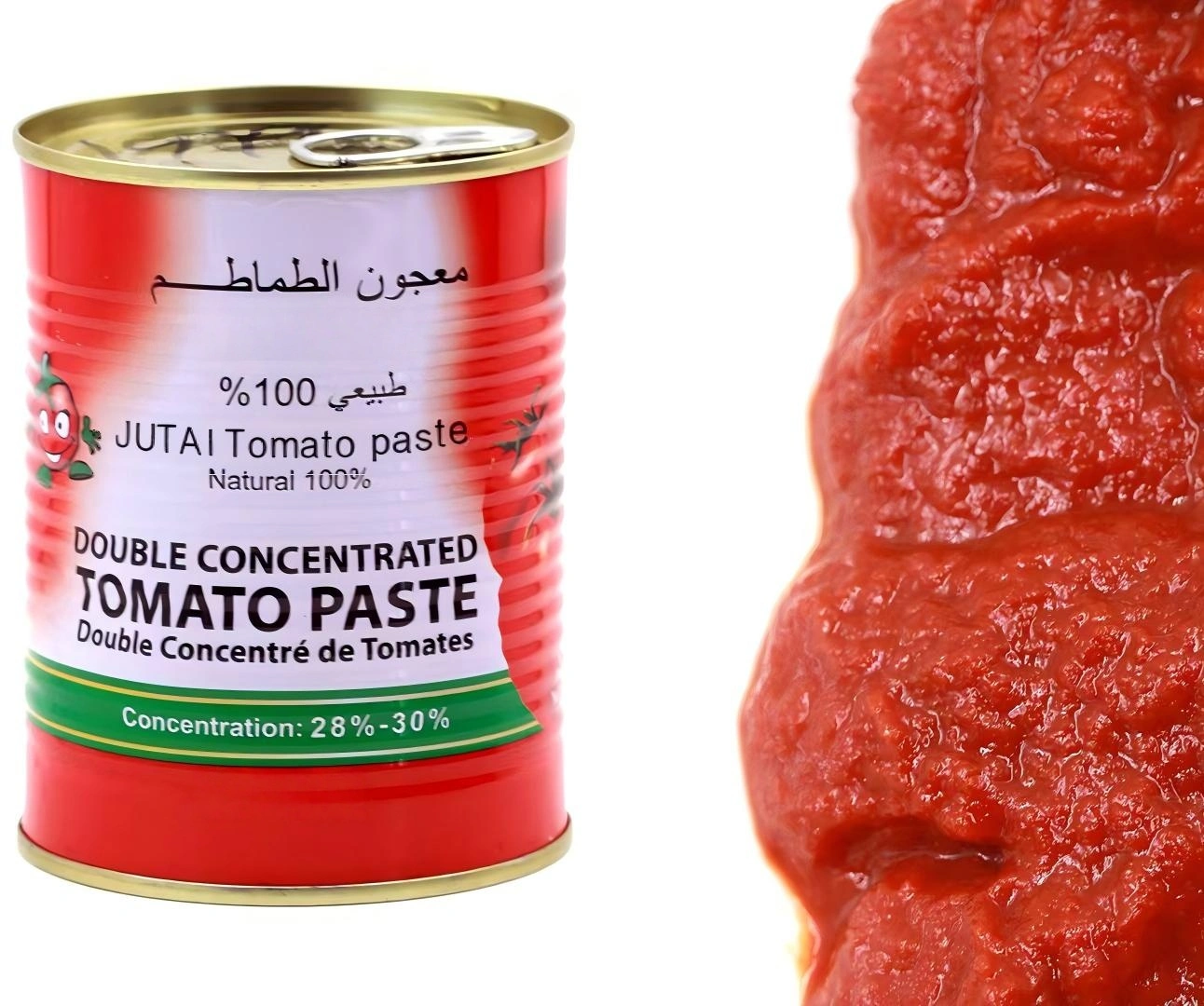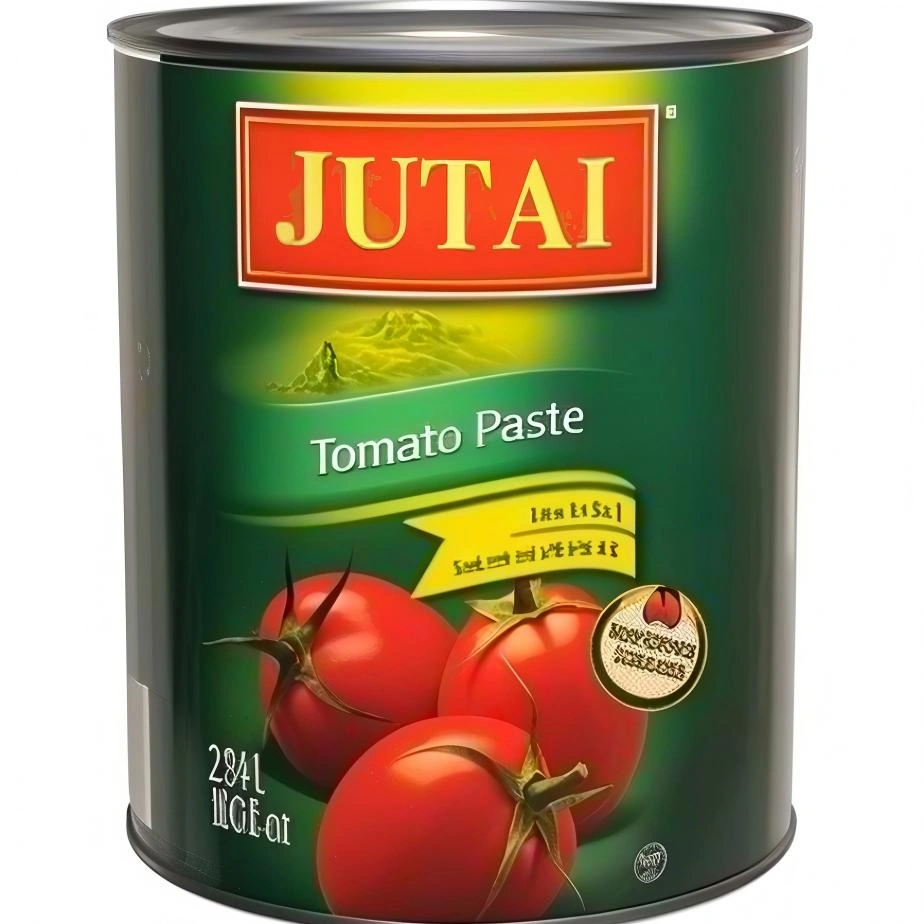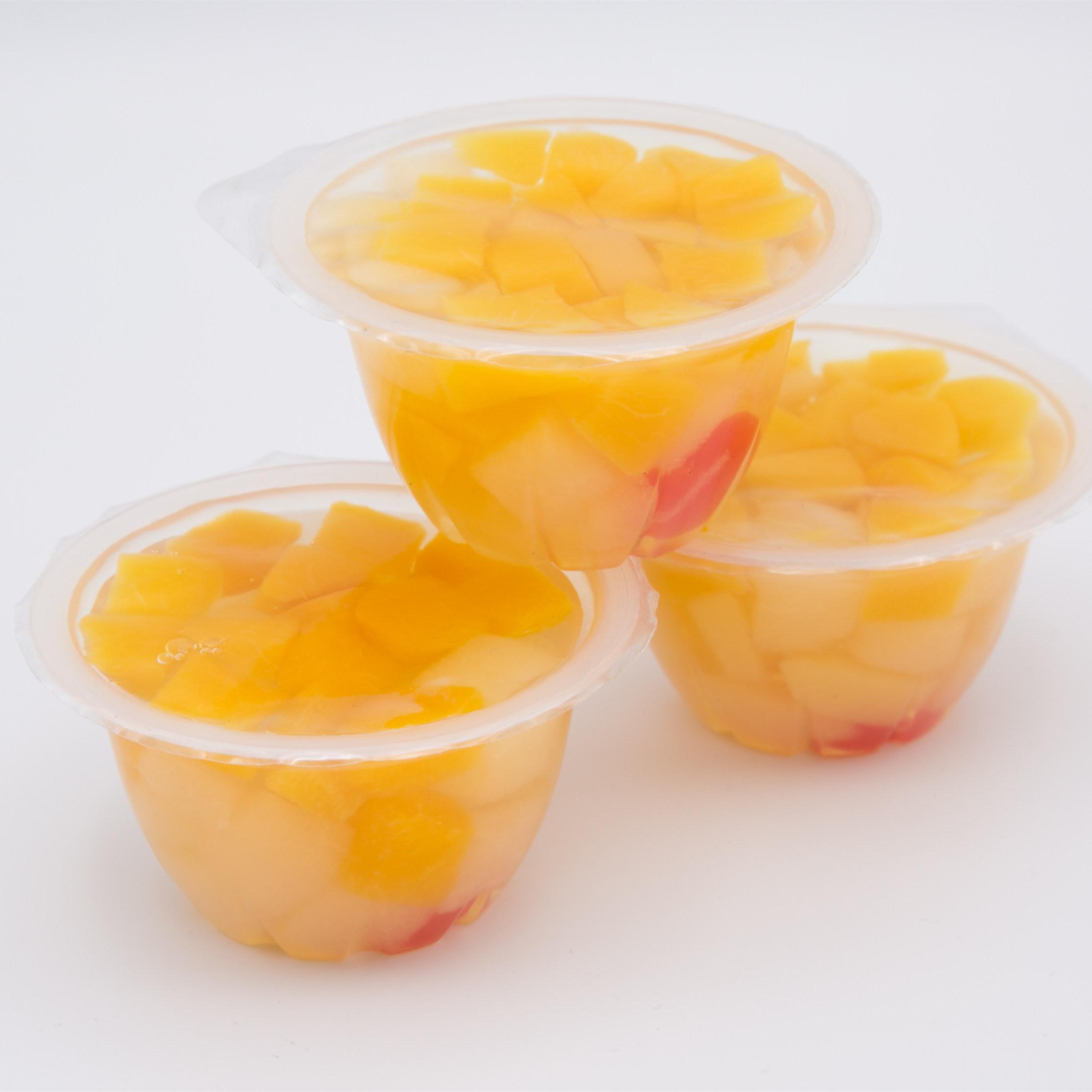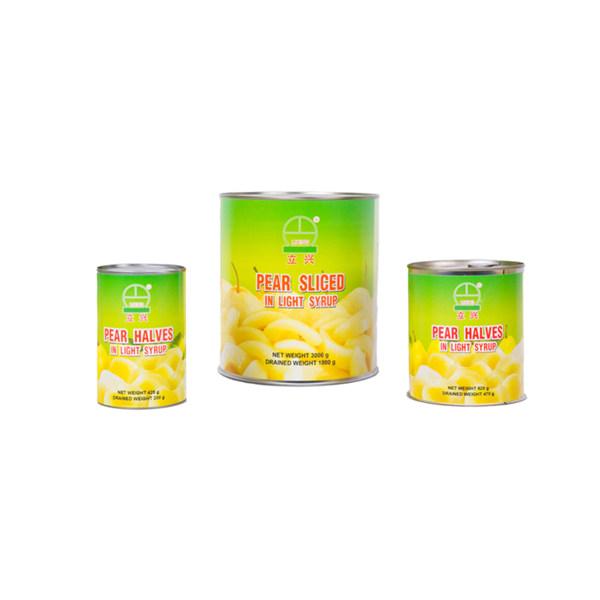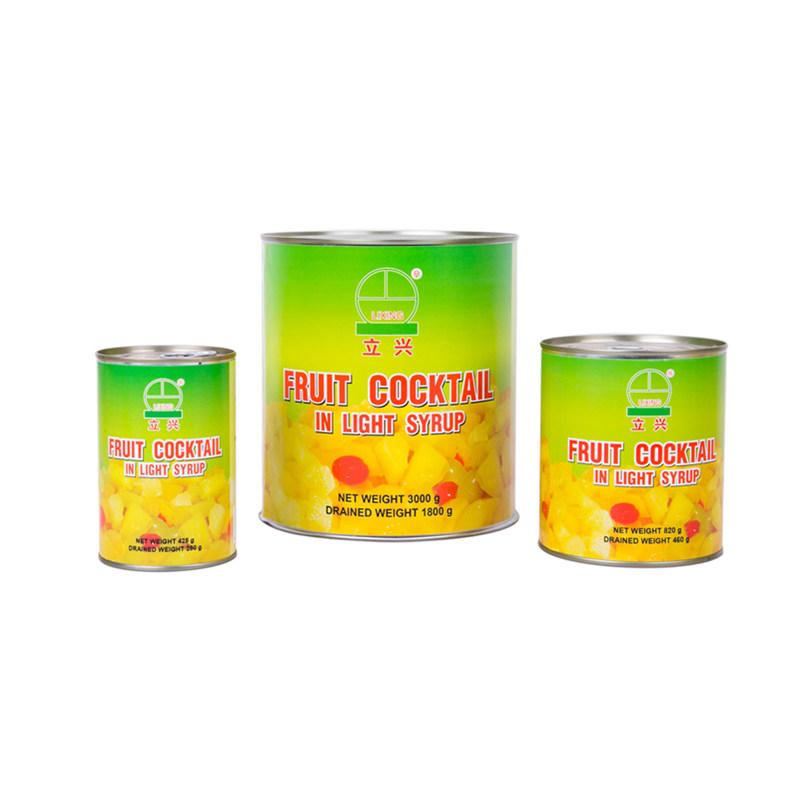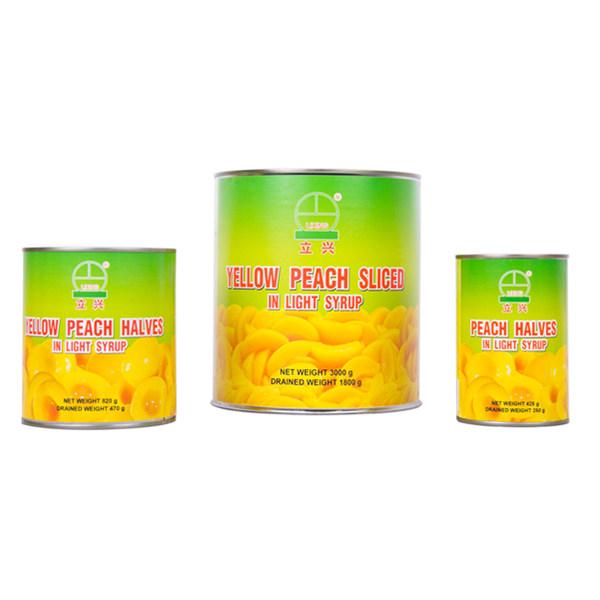How to Choose the Healthiest Canned Fruits and Vegetables
Learn how to select the healthiest canned fruits and vegetables by checking sodium, sugar, and additives. Understand label reading, BPA concerns, and key certifications. Discover why Jutai Foods Group is a global leader in safe, nutritious, and sustainable canned foods. Make smarter, healthier pantry choices without sacrificing convenience or flavor.
Canned doesn’t mean compromised—if you know what to look for.
Canned fruits and vegetables have come a long way from their reputation as bland, sodium-soaked pantry fillers. With today’s modern preservation techniques and rising consumer awareness, you can find canned foods that are not only convenient but also nutritionally sound and delicious.
But how do you choose the healthiest options? That’s the million-dollar question—one we’ll unpack in depth.
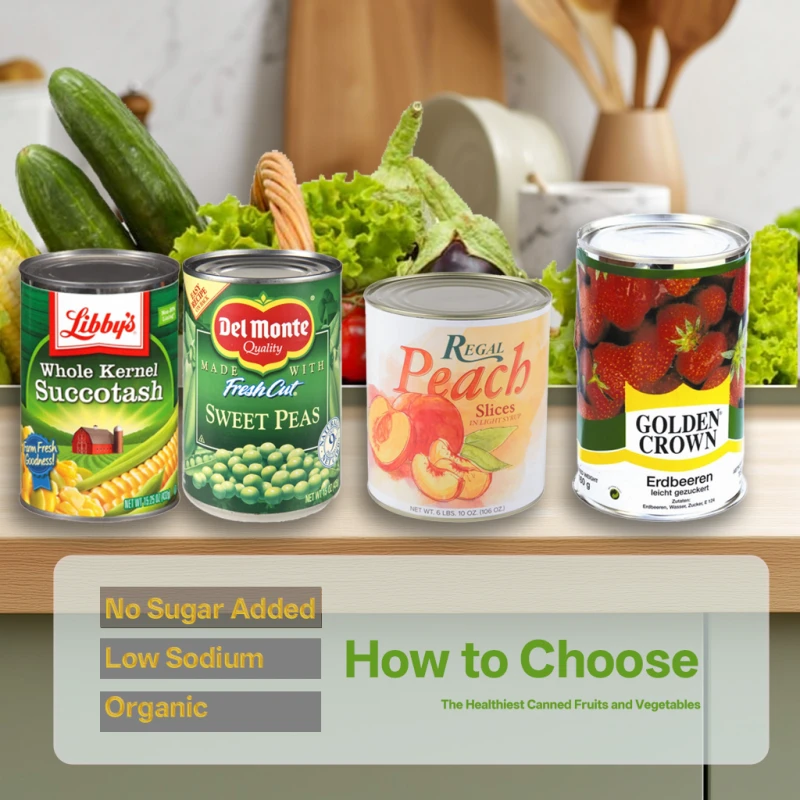
How to Choose the Healthiest Canned Fruits and Vegetables
Nutrient Retention in Canned vs. Fresh vs. Frozen Foods
| Nutrient | Fresh (%) | Frozen (%) | Canned (%) |
|---|---|---|---|
| Vitamin C | 100 | 90 | 65 |
| Vitamin A | 100 | 95 | 85 |
| Fiber | 100 | 100 | 90 |
| Iron | 100 | 100 | 95 |
Source: USDA Nutrient Data Laboratory
What this means for you: While some water-soluble vitamins like Vitamin C degrade in canned products, essential nutrients like fiber and iron remain relatively intact—making canned vegetables a viable, nutrient-dense choice, especially when fresh produce isn't available.
The Core Issue: Nutrition Meets Convenience
If you live a fast-paced life (who doesn’t?), canned produce offers a quick-fix solution that doesn't require peeling, chopping, or hurrying through a market. However, not all canned goods are created equal.
Here’s what differentiates the healthy from the harmful:
1. Check the Sodium Content
Sodium is often added to preserve vegetables and enhance flavor. But too much can wreak havoc on your blood pressure and heart health.
Look for labels that say “Low Sodium,” “No Salt Added,” or “Reduced Sodium.”
According to the American Heart Association, daily sodium intake should not exceed 2,300 mg, ideally around 1,500 mg for adults.
2. Sugar in Disguise
While fruits are naturally sweet, many canned fruits are packed in heavy syrup—essentially a sugar bomb in disguise.
Go for “Canned in Water” or “100% Juice” options.
Avoid labels that say “light syrup,” as even that contains added sugars.
Common Additives in Canned Foods
| Additive | Potential Health Impact | Healthy Alternative |
|---|---|---|
| Sodium | High blood pressure, cardiovascular risk | Low-sodium or no salt added options |
| Sugar | Obesity, insulin resistance | Canned in juice or water |
| Preservatives | Allergic reactions, gut health issues | Natural preservation (e.g., citric acid) |
| BPA (from can lining) | Endocrine disruption, cancer risk (long-term exposure) | BPA-free labeled cans |
Brand Spotlight: Why Jutai Foods Group Limited is a Smart Choice
Located in Qingdao, China, Jutai Foods Group Limited combines decades of manufacturing know-how with stringent quality assurance systems to bring high-quality canned foods to the global table.
Here’s why consumers and importers alike choose Jutai:
Global Reach: Supplying to 80+ countries, from the European Union and USA to Africa and Southeast Asia.
Certified Quality: Holds ISO22000, BRC, HACCP, FDA, and KOSHER certifications.
Integrated Model: Controls every step—from own planting bases to labs and production facilities.
Custom Solutions: Offers OEM branding, LCL shipments, and market analysis support.
Speedy Service: Fast response within 24 hours, with an experienced R&D and sales team.
Whether you're stocking a shelf or filling your pantry, Jutai's products make it easy to choose healthy without compromise.
If you need any, please contact us.
Jutai Foods Group - Export Regions and Certifications
| Region/Market | Certification Required | Jutai Certification Match |
|---|---|---|
| EU | BRC | Yes |
| USA | FDA | Yes |
| South America | HACCP | Yes |
| Middle East | ISO22000 | Yes |
| Southeast Asia | HACCP | Yes |
| Japan | FDA | Yes |
| Africa | ISO22000 | Yes |
| Australia | BRC | Yes |
Reading Labels: The Devil’s in the Details
Don’t get duped by marketing language like “garden fresh” or “home style.” Flip the can and examine the nutrition facts and ingredient list. A healthy can of fruits or veggies should contain:
Only the fruit/vegetable
Water or natural juice
Maybe a dash of citric acid or ascorbic acid (vitamin C)
Avoid: hydrogenated oils, artificial colorings, and anything unpronounceable without a chemistry degree.
What About BPA? Should You Worry?
Short answer: Yes, but not if you’re careful.
Bisphenol A (BPA) is a chemical used in the lining of some metal cans. Over time, it can leach into food and has been linked to hormonal disruption and increased cancer risk.
Many manufacturers—including Jutai Foods Group—now offer BPA-free canned goods. Always check for a “BPA-Free” label.
Don’t Let the Shelf Life Fool You
It’s tempting to think a five-year shelf life equals eternal safety. However, longer doesn’t always mean better.
Taste and texture degrade after 2–3 years, even if the food remains safe.
Rotate your stock and use older cans first.
Avoid dented, rusted, or bulging cans.
A Word on Sustainability and Ethics
Choosing healthy canned goods isn’t just about personal health—it’s about planetary health too.
Brands like Jutai Foods Group are investing in sustainable farming practices, minimizing food waste, and improving energy efficiency at every stage of production. Supporting such companies helps build a healthier food system for everyone.
How to Use Canned Foods in a Healthy Diet
Rinse your canned beans and vegetables before use to reduce sodium by up to 40%.
Pair canned fruits with plain Greek yogurt or oats—ditch the dessert and keep the nutrition.
Use canned tomatoes for homemade sauces instead of sugary store-bought ones.
Debunking the Myth: Are Canned Veggies Really “Processed Junk”?
Let’s get one thing straight: Canning is not the enemy. In fact, the process involves heating and sealing to kill bacteria and prevent spoilage—not drowning your veggies in chemicals. In many cases, canned foods are preserved at peak ripeness, locking in flavor and nutrients.
So, the real question isn't “Are canned foods healthy?” It’s “Which canned foods are healthy—and how do I choose them wisely?”
Pro Tips: Choosing Wisely in the Aisle
Pick canned tomatoes, corn, and beans—they retain nutrients very well.
For fruits, choose peaches, pineapple, and pears in 100% juice.
When in doubt, choose a trusted brand like Jutai Foods Group with transparent sourcing and international certifications.
The Takeaway: Convenience Can Be Healthy—If You Know What to Look For
At the end of the day, it’s not about demonizing or glorifying any food group—it’s about making informed choices. Canned fruits and vegetables can absolutely be part of a balanced, nutrient-rich diet.
By understanding ingredient lists, checking for certifications, and choosing reputable producers like Jutai Foods Group Limited, you can feel confident that what’s in your pantry is good for your body, your wallet, and the planet.
Final Thoughts: The Future of Canned Foods
Innovation in food preservation is ongoing. With increased consumer awareness and tighter health regulations, companies are now expected to go beyond taste and shelf life to deliver transparency, safety, and sustainability.
Jutai Foods Group Limited is a glowing example—merging traditional food craftsmanship with modern-day science, ethical sourcing, and global compliance.
So, the next time you open a can of peaches or green beans, take a moment to appreciate that choosing the healthiest canned foods isn’t just smart—it’s a delicious step toward a better lifestyle.
